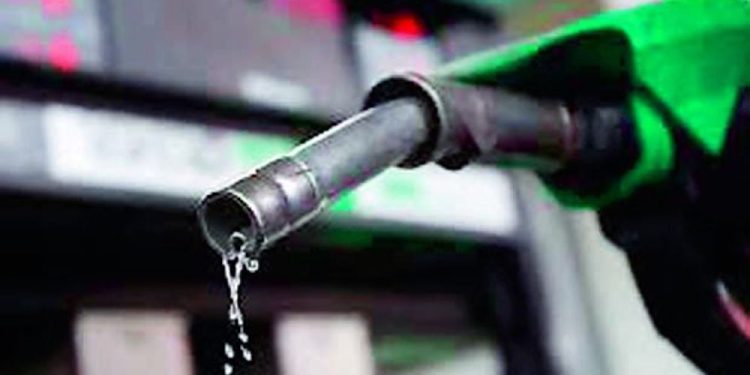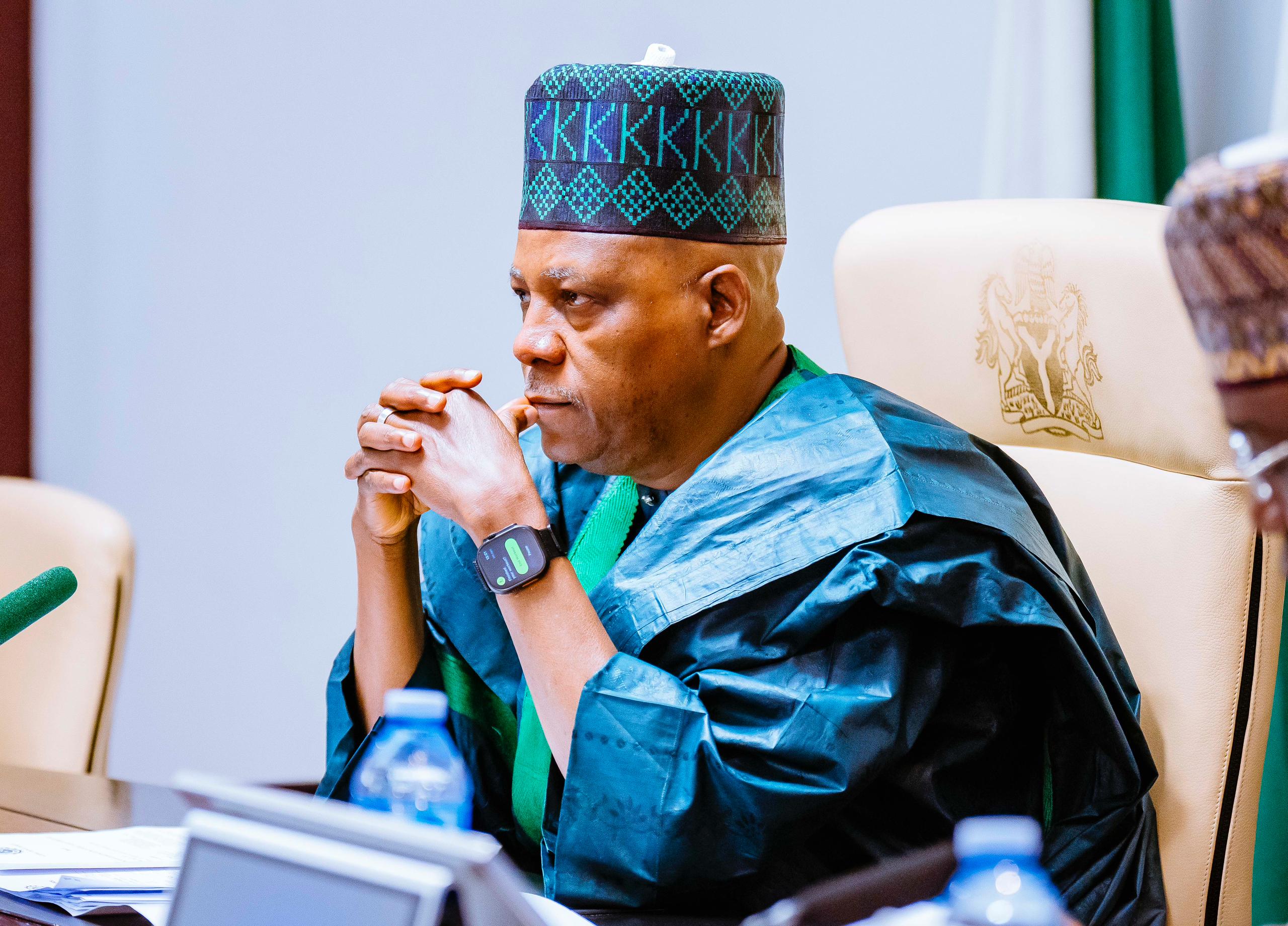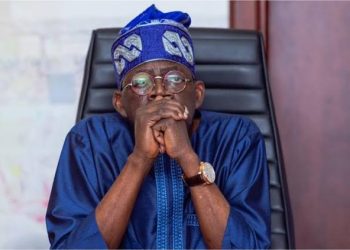The Independent Petroleum Marketers Association of Nigeria, IPMAN, has threatened to stop the supply of Premium Motor Spirit (PMS) otherwise known as petrol in the country
IPMAN cited non-payment of ₦200bn debts owed by the Nigerian Midstream and Downstream Petroleum Regulatory Commission (NMDPRA) as the reason for the threat.
This was disclosed by the association’s Unit Chairman and Spokesperson, Aba Depot, Mazi Oliver Okolo in a press release on Tuesday.
According to him, NMDPRA failed to pay the ₦200bn debt despite a directive for payment from the Petroleum Minister (Oil) Heineken Lokpobiri
The IPMAN deport Chairman claimed that since the directive by the minister in February 2024, only ₦13bn had been paid to their members, saying that the unpaid claim had crippled their businesses.
The statement reads: “We are extremely distressed and depressed by the laidback attitude of the leadership of the Nigerian Midstream Downstream Petroleum Regulatory Authority (NMDPRA), towards the survival of our member’s businesses, arising from NMDPRA’s deliberate delay and refusal to offset the debt of over N200 Billion owed our members, which has consequently led to the deaths of many of our members and the unfortunate collapse of their businesses.”
He blamed the Nigerian National Petroleum Company Limited (NNPCL), the sole importer of petroleum products, for the current nationwide petrol scarcity, adding that some of its members have “completely” shut down their businesses, and retrenched their employees.
“We have watched with apprehension also, the unpatriotic attitude of the leadership of the NMDPRA to offset this debt that has been accrued to us since September 2022. As businessmen and women, our members acquired bank loans to keep their fuel retail outlets running daily across the nooks and crannies of Nigeria, to serve the teeming population of Nigerians.
However, it is demoralising to know that many of our members have gone bankrupt and have become financially insolvent as a result of their inability to meet their financial
obligations to their banks, arising wholly from their inability to get their monies from the NMDPRA.
Consequently, also, the banks have taken over the business premises of many of our members. As indigenous organisations, and Depot Chairmen, we are unhappy that rather than receive support from the government to boost our businesses, we are being discouraged, by the head of NMDPRA.
“It is noteworthy to recall and state here that at a stakeholders meeting held on the 20th of February, 2024 with Mr. Heineken Lokpobiri, the Honourable Minister of Petroleum Resources (Oil), and the NSA Nuhu Ribadu, Engr.
Farouk Ahmed, the Chief Authority of NMDPRA, was mandated by Mr. Heinehken Lokpobiri to clear the entire debt in 40 days. However today, we have crossed the 40 days time-lapse given to the NMDPRA to clear the debt, and it is shameful to state that only the paltry sum of N13Billion has been paid, thus going the whole length to ignore our plight without remorse and without recourse to the Honourable Minister’s directive,” according to the statement.
Okolo also claimed that the NNPC Ltd imports the products, and supplies to private depots who then sell to them at exorbitant prices of between ₦820 and ₦950 per litre, adding that IPMAN members pay an extra ₦2m to transport it to other parts of the country, making it difficult for them to sell to Nigerians at the agreed pump price.
The IPMAN members called on President Bola Tinubu, to closely look into the matter, which according to them, is highly detrimental to their businesses and reverse it forthwith, as it is bound to impact negatively on the masses thereafter.
“We see no reason why there should be an increment of over 500% on the Sales and Storage License by the NMDPRA. We totally reject it. We also hereby call on the federal government of Nigeria to wholly intervene forthwith in these lingering issues between the Independent Petroleum Marketers Association of Nigeria (IPMAN) and the Nigerian Midstream & Downstream Petroleum
Regulatory Authority
“We are poised to take far-reaching decisions that may cripple the supply and sales of petroleum products across Nigeria, if our demands are not met within the shortest period.”









